'Frankenstein' Review: Guillermo del Toro Breathes Tragic, Terrifying Life into Mary Shelley's Masterwork
Oscar Issac as Victor Frankenstein in Frankenstein . Cr. Ken Woroner/Netflix © 2025.
Oscar Isaac and Jacob Elordi lead Guillermo del Toro's operatic, gothic take on 'Frankenstein' — a sensual, sorrowful masterwork of horror, humanity, and haunting beauty.
Guillermo del Toro’s long-gestating vision of Frankenstein arrives not as a conventional horror film but as a sweeping Romantic tragedy drenched in gothic imagery, wrenching emotion, and the kind of poetic monstrosity only del Toro can conjure. It’s a symphony of grief and grandeur, where every frame pulses with reverence for Mary Shelley’s text and every moment aches with unspoken sorrow. With this adaptation, del Toro doesn’t just revisit a literary classic — he resurrects it with operatic ambition and philosophical depth, crafting a requiem for lost innocence, broken bonds, and the eternal ache of existence. Following a decades-long obsession with Shelley’s novel, the Oscar-winning director delivers a sensory feast for Netflix, a big-screen epic that elevates its source material into something mournful, philosophical, and deeply alive — a cinematic requiem on grief, godhood, and the unbearable weight of being.. Following a decades-long obsession with Mary Shelley’s original novel, the Oscar-winning director delivers a sensory feast for Netflix, a big-screen epic that elevates its source material into something mournful, philosophical, and deeply alive — a cinematic requiem on grief, godhood, and the unbearable weight of being.
Oscar Isaac plays Victor Frankenstein with feverish conviction — a scientist obsessed not with innovation but salvation, desperate to reclaim the dead. He struts through the first half of the film with a haunted intensity, masking buried guilt beneath scientific bravado. In the second half, that mask shatters, replaced by a broken man unable to reckon with the consequence of playing God. Isaac’s performance doesn’t just evoke the classic archetype of the tormented genius; he inhabits it with a feral, almost desperate humanity that peels back layers of emotional repression. His Victor isn’t just ambitious — he’s haunted by love lost, undone by his own hubris, and terrified of what he’s unleashed.
Oscar Isaac as Victor Frankenstein in Frankenstein. Cr. Ken Woroner/Netflix © 2025.
Jacob Elordi, in his most astonishing performance to date, portrays the Creature as a tragic innocent — towering in form but childlike in spirit, shaped by rejection, loneliness, and longing. His wide, mournful eyes carry centuries of pain. From the first moments of his creation, Elordi imbues the role with a tender awkwardness that evolves into something aching and articulate. The Creature’s pain is never performative — it’s lived-in, embodied. His journey through self-awareness is rendered with such raw vulnerability that every word, every gesture lands like a bruise. Del Toro and Elordi together sculpt one of the most human portrayals of monstrosity in decades.
Jacob Elordi as The Creature in Frankenstein . Cr. Ken Woroner/Netflix © 2025.
Structured in three movements — Prelude, Victor’s Tale, and The Creature’s Tale — Frankenstein begins in the frozen Arctic, with Victor near death and the Creature hunting him. From there, we’re taken back through memories, trauma, and invention, as del Toro unfurls a tragic bond between creator and creation, father and son. Elordi’s Creature is not merely stitched flesh, but a soul formed by books, music, fear, and grief. Del Toro doesn't just question who the real monster is — he redefines what a soul can be. The film meditates on the ethics of creation, the wounds of abandonment, and the devastating loneliness of being born without purpose.
The emotional power of the film is matched only by its visual grandeur. Cinematographer Dan Laustsen, production designer Tamara Deverell, and costume designer Kate Hawley — frequent del Toro collaborators — return with some of their most breathtaking work. The lavish gothic sets evoke Hammer horror with operatic scale: castle laboratories built of stone and fire, prosthetic-limbed creators limping through lightning-lit corridors, gowns like peacock feathers shimmering in candlelight. There are moments when the screen feels like a painting — saturated, textured, breathing.
Alexandre Desplat’s score soars and mourns in equal measure — swelling orchestral themes that rise like screams from the soul. At times, it feels as though the music is narrating the Creature’s inner world, a symphony of yearning, confusion, and eventual despair. The score doesn’t just accompany the visuals; it deepens them, binding heart to horror in a melodic lament.
Mia Goth as Elizabeth in Frankenstein. Cr. Ken Woroner/Netflix © 2025.
Mia Goth stuns as Elizabeth, not just a doomed love interest but a sharply drawn scientific equal. Dressed like an alien queen in veiled greens and iridescent whites, she exudes grace and intelligence, elevating a character often flattened in previous adaptations. Goth plays Elizabeth with a quiet rebellion — a woman who sees through Victor’s charm and into his torment. Christoph Waltz plays the financier of Frankenstein’s madness with eerie elegance, while Charles Dance lords over the scientist’s past with chilling restraint.
POPULAR ON THE CINEMA GROUP
Perhaps most remarkable is the way del Toro recontextualizes Shelley’s text as a critique of fatherhood, emotional repression, and intergenerational trauma. Frankenstein doesn't build a monster; he abandons a child. And in doing so, he creates his own undoing. Elordi’s Creature — awkward, sensual, tender — channels the pain of abandonment and the tragedy of self-awareness. His final words echo across the ice like a requiem: “I cannot die. And I cannot live alone.” The line lingers like a curse, a summation of what it means to exist without belonging.
Oscar Issac as Victor Frankenstein in Frankenstein . Cr. Ken Woroner/Netflix © 2025.
It is tempting to describe Frankenstein as a horror film, but that would be reductive. Guillermo del Toro’s vision refuses to be confined by genre — it’s more than a monster movie, more than gothic horror. His Frankenstein transcends tropes and archetypes, expanding into something mythic and metaphysical, brimming with agony, beauty, and impossible yearning. Del Toro doesn’t just revisit Shelley’s story; he dissects it, mourns it, rebuilds it from the inside out, crafting a cinematic symphony of pain, transcendence, and spiritual torment. Like a haunted cathedral carved in celluloid, the film resonates with the echoes of ancient tragedy — not horror in the conventional sense, but horror in the ancient Greek sense: a tale of hubris, grief, and gods who abandon their creations.
Through painterly visuals, swelling music, and a deep reverence for emotional complexity, del Toro elevates Shelley’s novel into something spiritually ravaging, intellectually provocative, and emotionally pulverizing. Themes of abandonment, parental failure, emotional repression, and the search for identity are etched into every agonized frame, every flicker of candlelight, every tremble of the Creature’s lip. What del Toro has forged is more than just a definitive adaptation — it’s a sacred lament. A cinematic prayer to lost children, broken fathers, and the monsters we make in our image. With its operatic tone, sweeping grief, and mythic scale, Frankenstein may well be his most complete, mature, and haunting work to date — a film that lingers long after the final frame, like breath in cold air.
Rating: ★★★★½
That's A Wrap
|
Frankenstien
|
That's A Wrap | Frankenstien |
“With towering performances from Oscar Isaac and Jacob Elordi, painterly gothic visuals, and a soul-searing score, Guillermo del Toro’s Frankenstein transforms Shelley’s novel into a grand, tragic opera. It’s not horror. It’s heartbreak.”
Credits
Screened: September 9, 2025 11:30 AM Visa Screening Room, Princess of Whales Theater
Cast: Oscar Isaac, Jacob Elordi, Mia Goth, Christoph Waltz, Felix Kammerer
Creators: Guillermo del Toro (Director/Screenwriter)
Out Now: Friday, October 17 (Theatrical); Friday, November 7 (Streaming) | Netflix
Rating: R

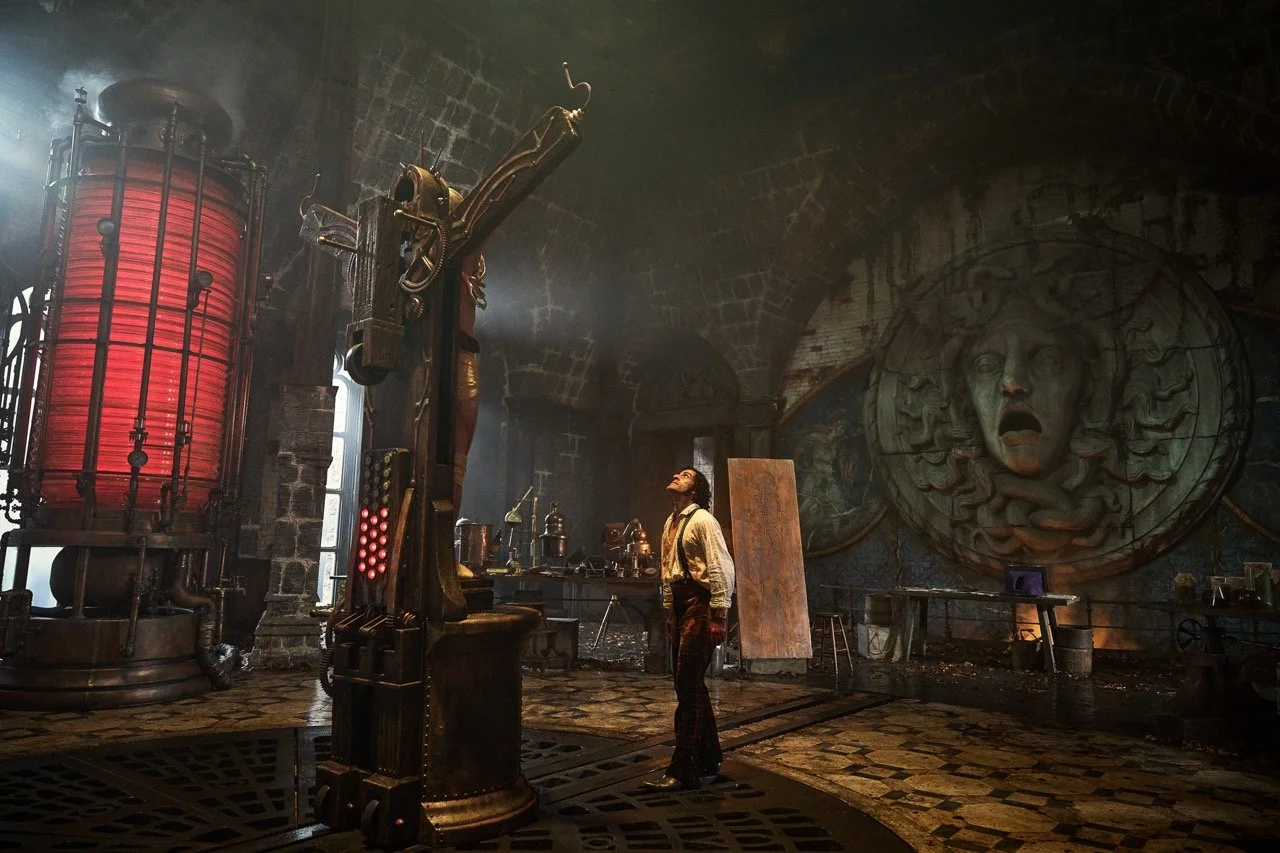
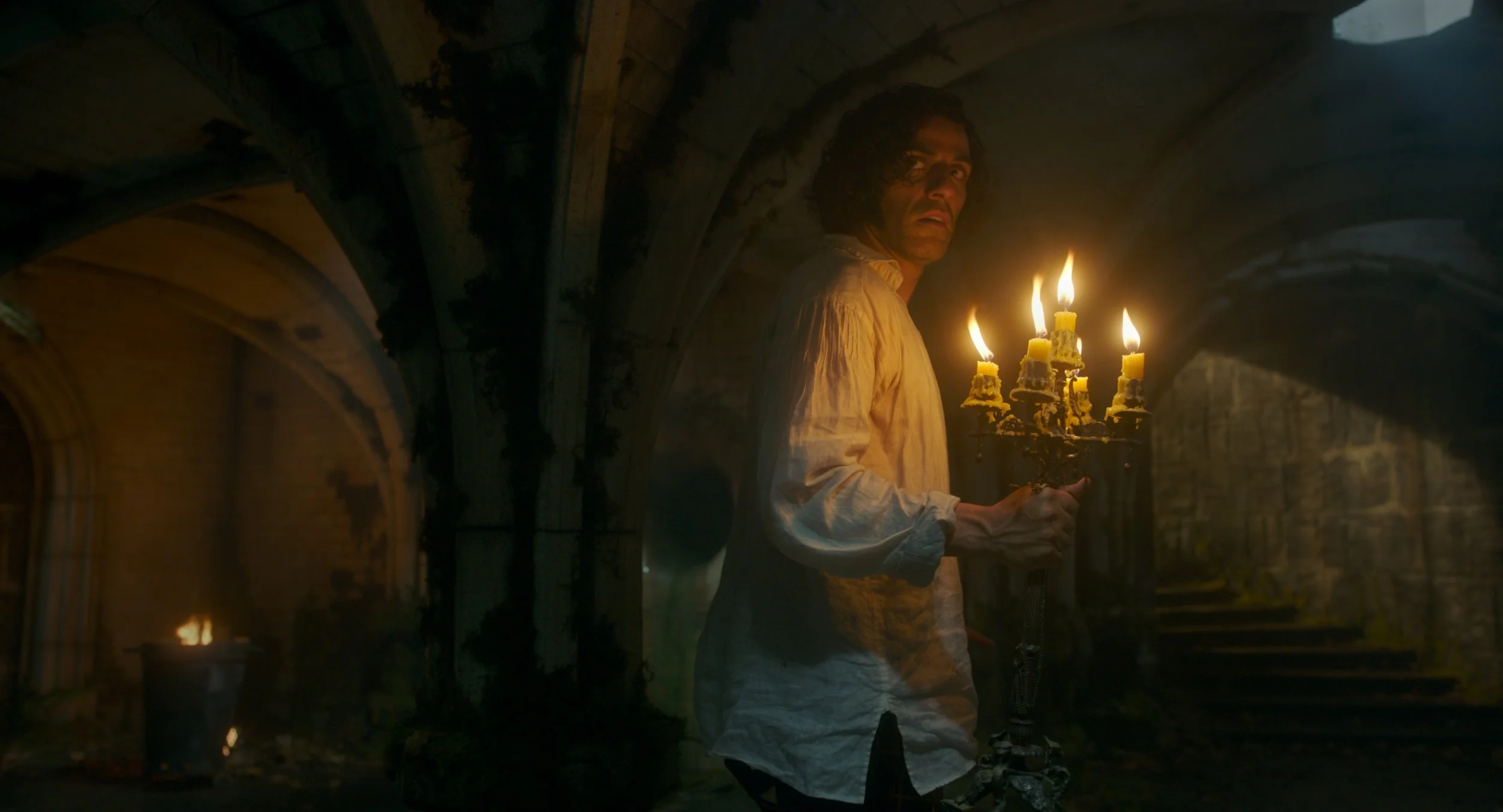
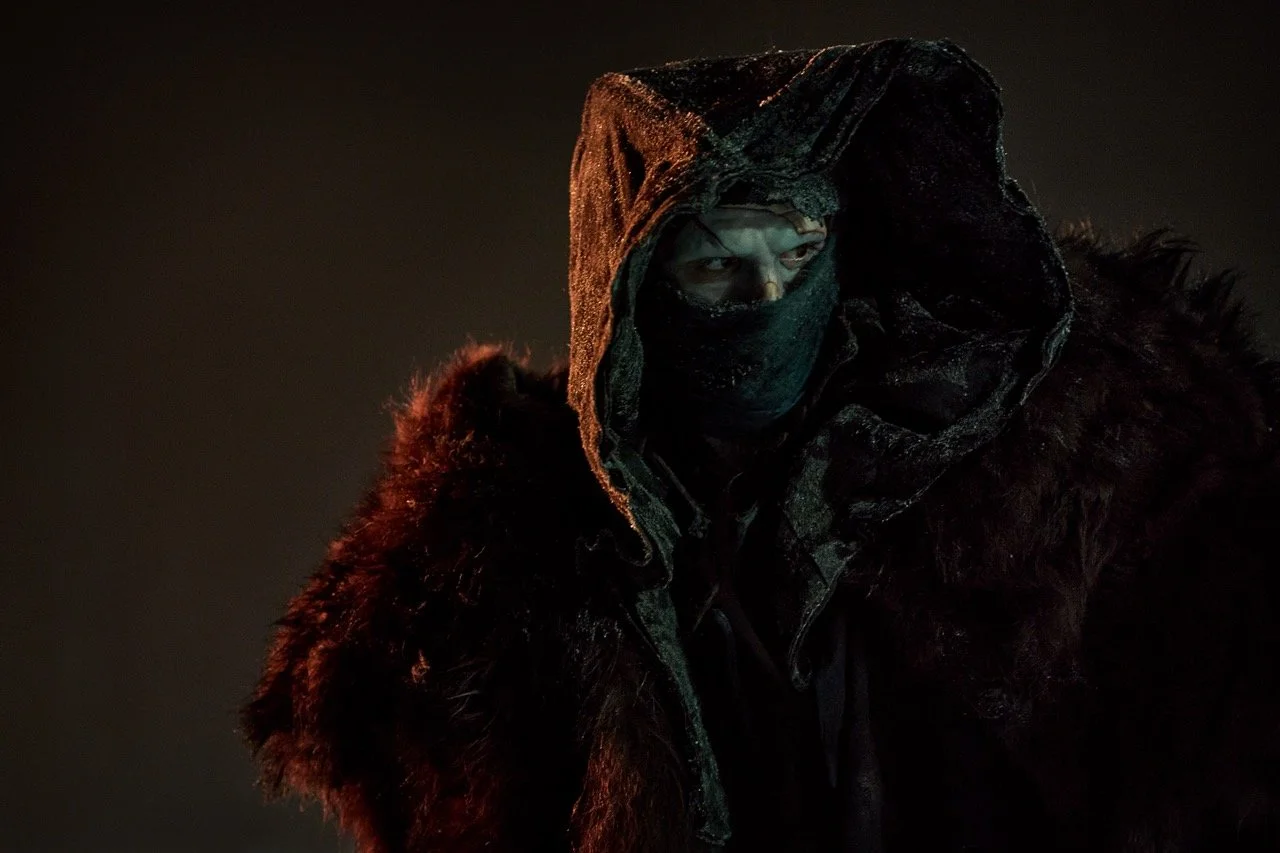
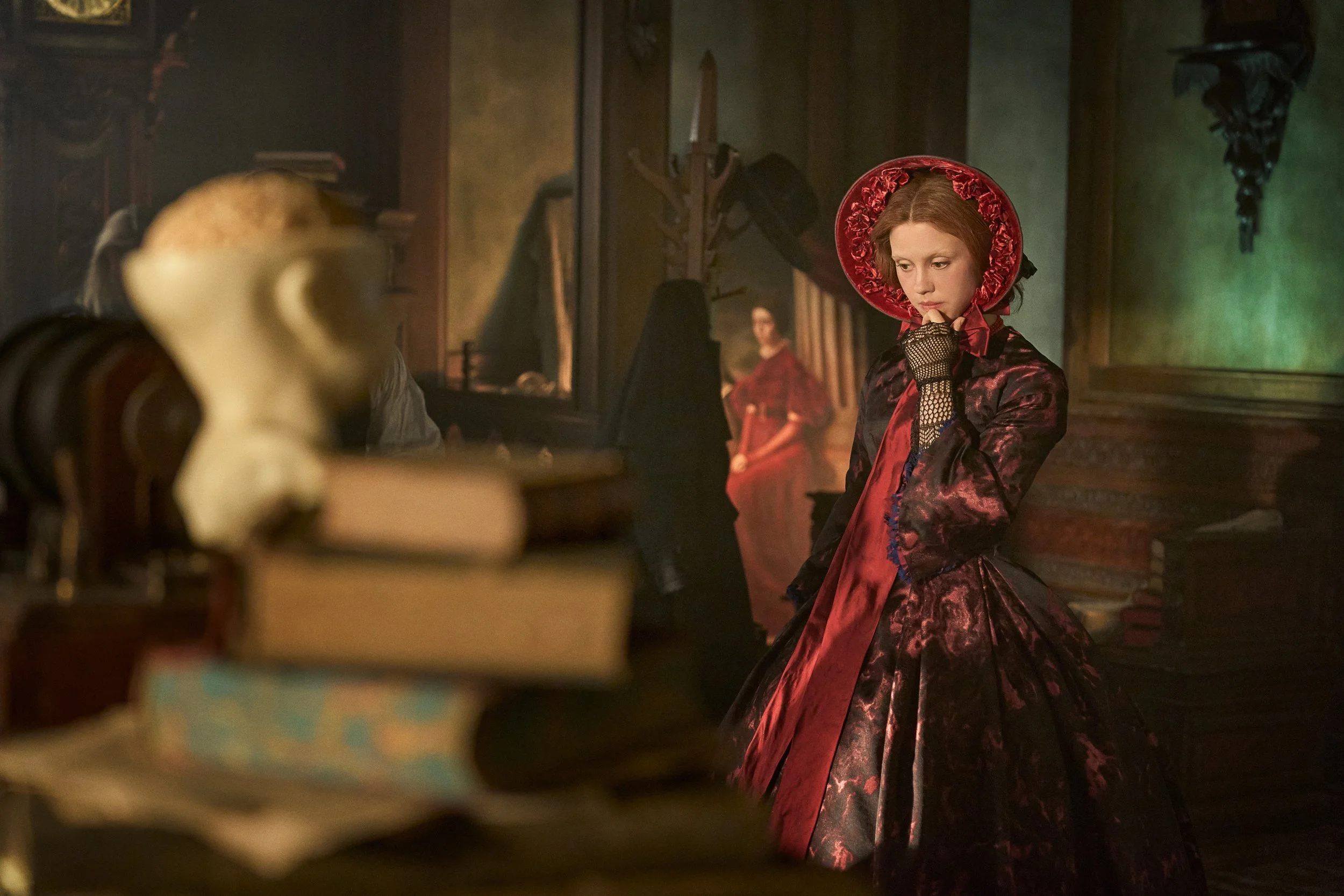
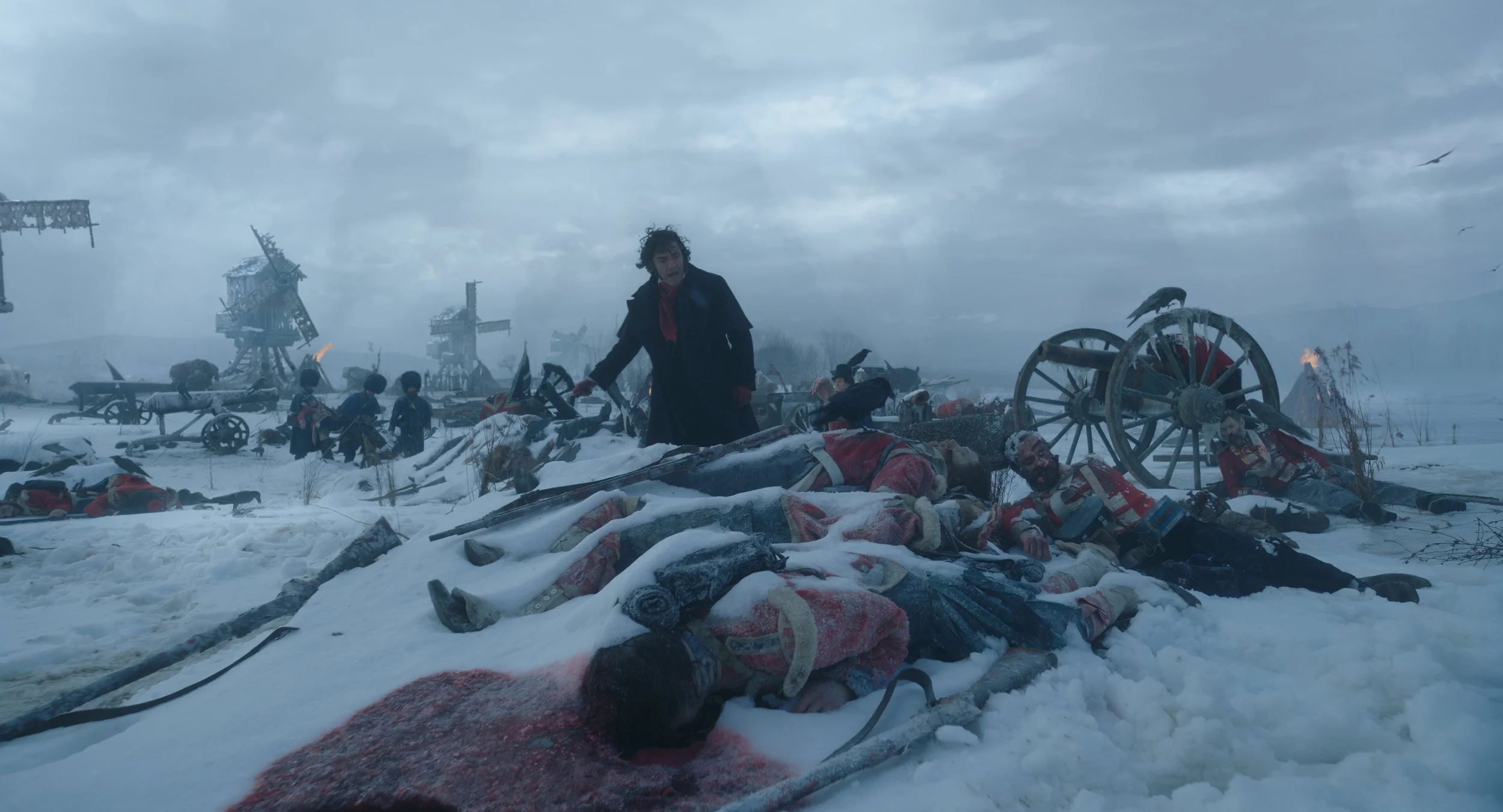





![Sundance 2026 Recap [Part i]
Another Sundance in the books. Last one in Park City— premieres, portraits, and the people who made it.
More to come!
📸: @jonathanpmoustakas on @sonyalpha
#sundancefilmfestival #sundance2026 #thecinemagroup](https://images.squarespace-cdn.com/content/v1/65c1a54efb10480185732c60/1770112011067-GAUJ8WUARIG299C1YW9J/image-asset.jpeg)














